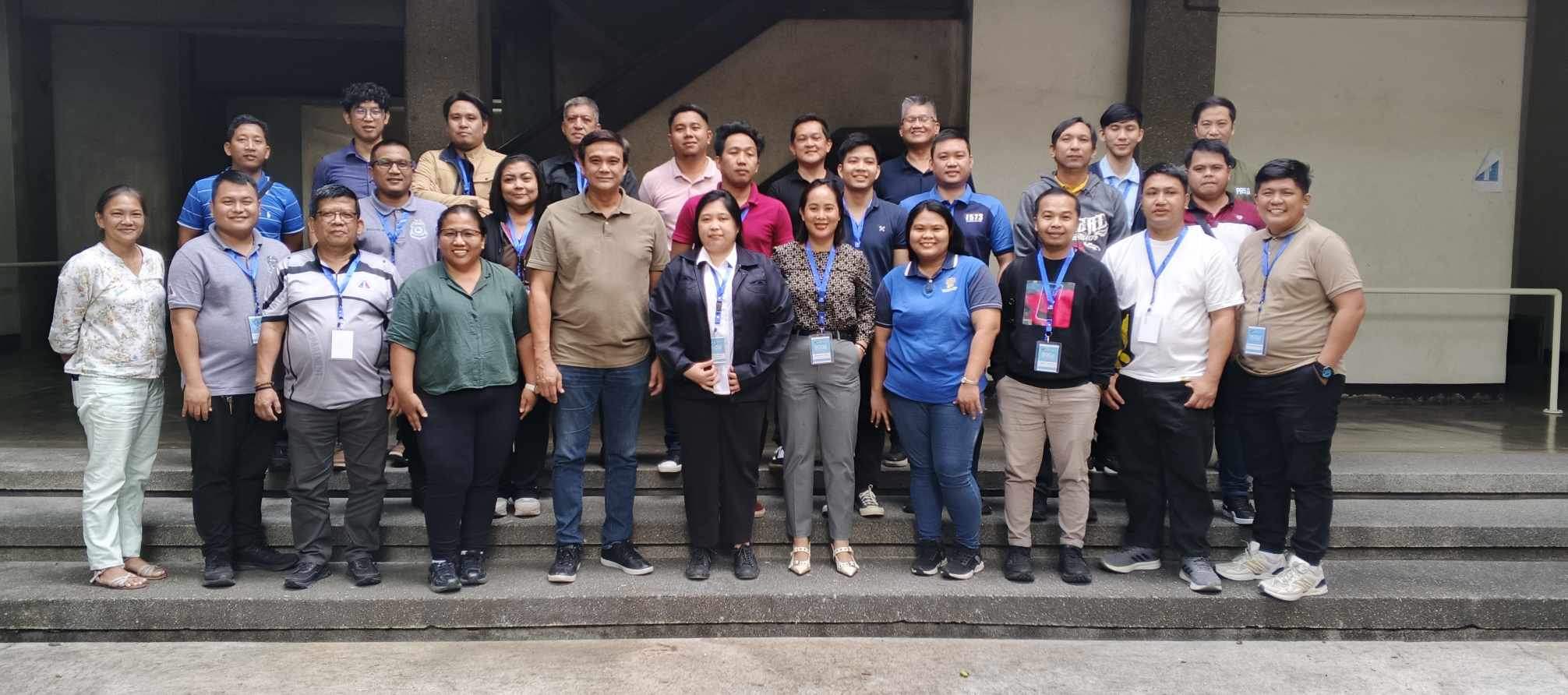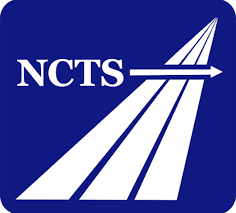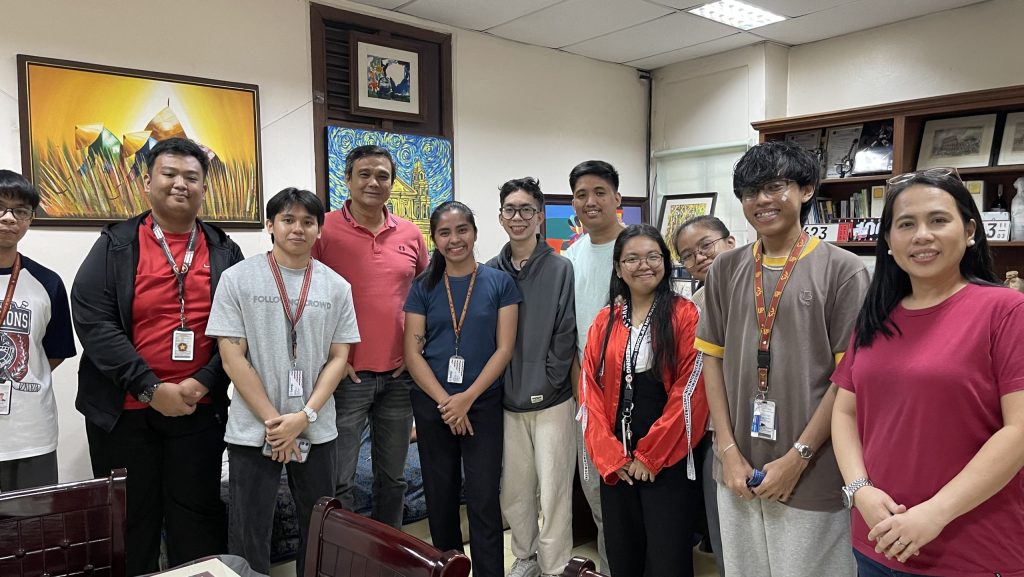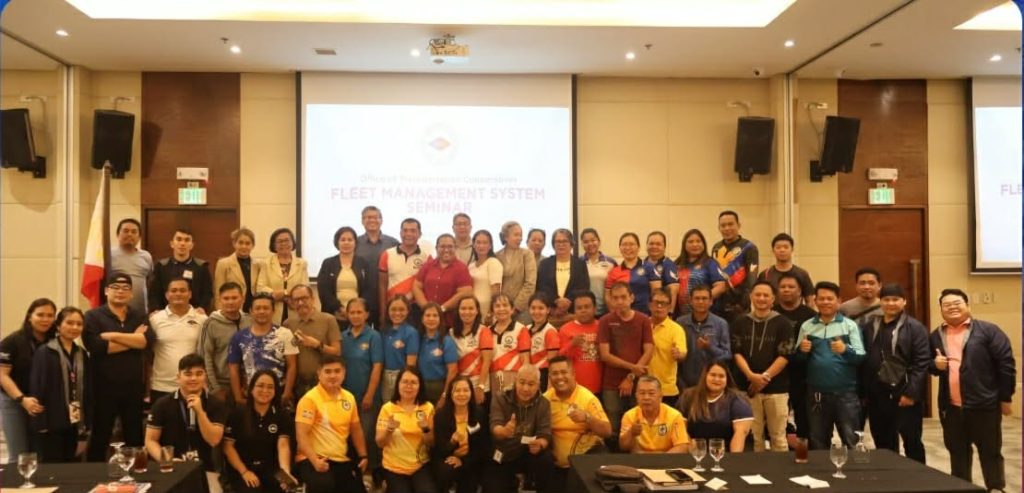
📌Toyota Training Room, UP NCTS
📅 March 24 – 28, 2025
As part of ongoing efforts to promote active transportation and create more sustainable urban environments, the University of the Philippines National Center for Transportation Studies (UP NCTS) successfully held its Bicycle Network Planning and Design training course from March 24 to 28, 2025, at the Toyota Training Room, UP NCTS.
The five-day course brought together participants from various local government units (LGUs) and national government agencies, representing cities such as Baybay City, Baguio City, Pasig City and Quezon City. Also in attendance were participants from Metropolitan Manila Development Authority (MMDA).
Designed to equip transport and planning practitioners with the necessary tools and knowledge, the course covered topics such as identifying opportunities and challenges in developing bicycle networks, understanding relevant laws and policies, designing safe and inclusive cycle networks, incorporating appropriate signs and pavement markings, and creating social marketing plans to support community engagement.
The training featured lectures and workshops led by distinguished experts in the field, including Engr. Ramir Seraphim Angeles, Dr. Jun T. Castro, Ms. Victoria A. Corpuz, EnP. Eldon Joshua Dionisio, Dr. Ma. Sheilah Napalang, and Engr. John Jowhell Villegas. The sessions were facilitated by Engr. Sheila Flor D. Javier, EnP. Jerome N. Ballarta, and Mr. Geoel Anthony Y. Esguerra of UP NCTS.
UP NCTS also expressed its appreciation to Mayor Joy Belmonte, General Elmo San Diego, Mr. Dexter Cardenas, and Ms. Corazon Medes of Quezon City for their valuable support in making the training program a success, particularly in hosting the field visit where participants observed actual examples of bicycle networks, facilities, and the city’s bicycle program in action.
Participants concluded the training by presenting their initial bicycle network plans for their respective localities—an important step toward implementing safe and effective cycling infrastructure in their communities. The training reaffirmed the importance of building the capacity of LGUs and stakeholders to foster a culture of cycling as a healthy, affordable, and environment-friendly mode of transport.



